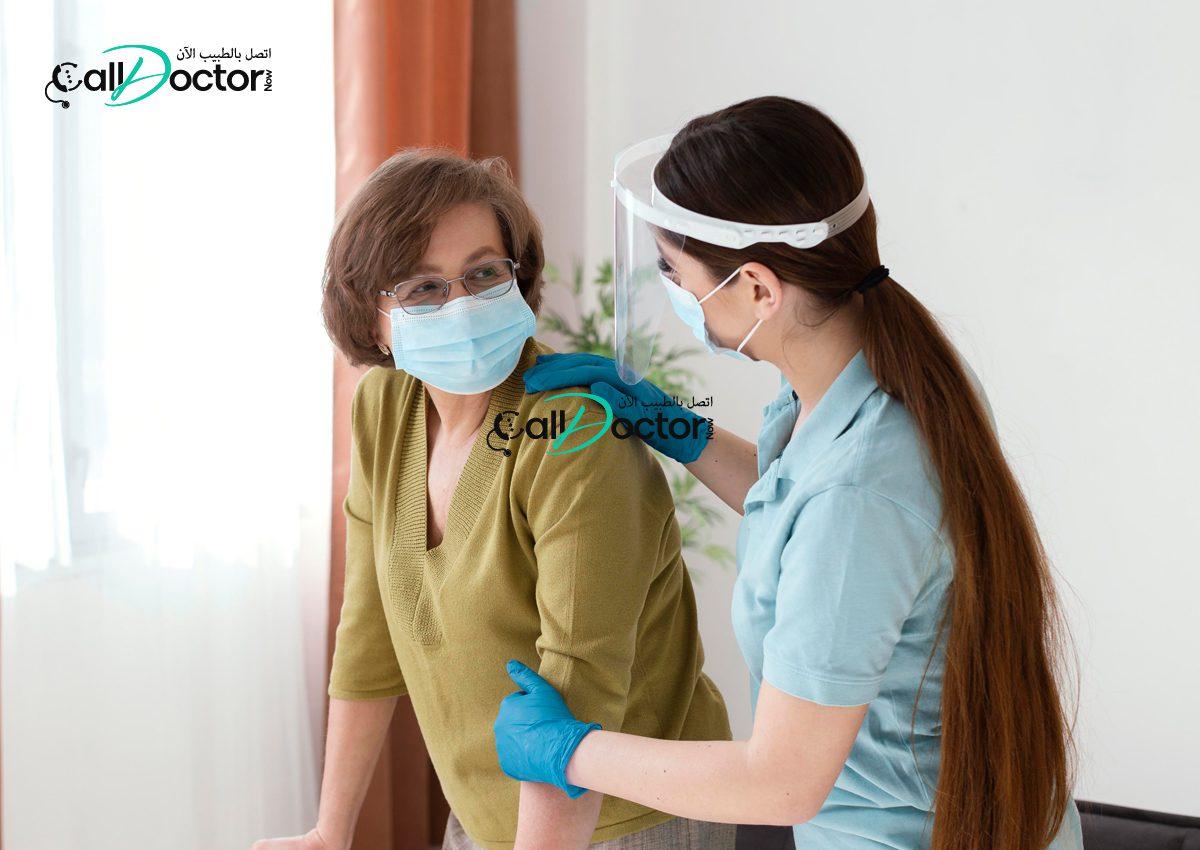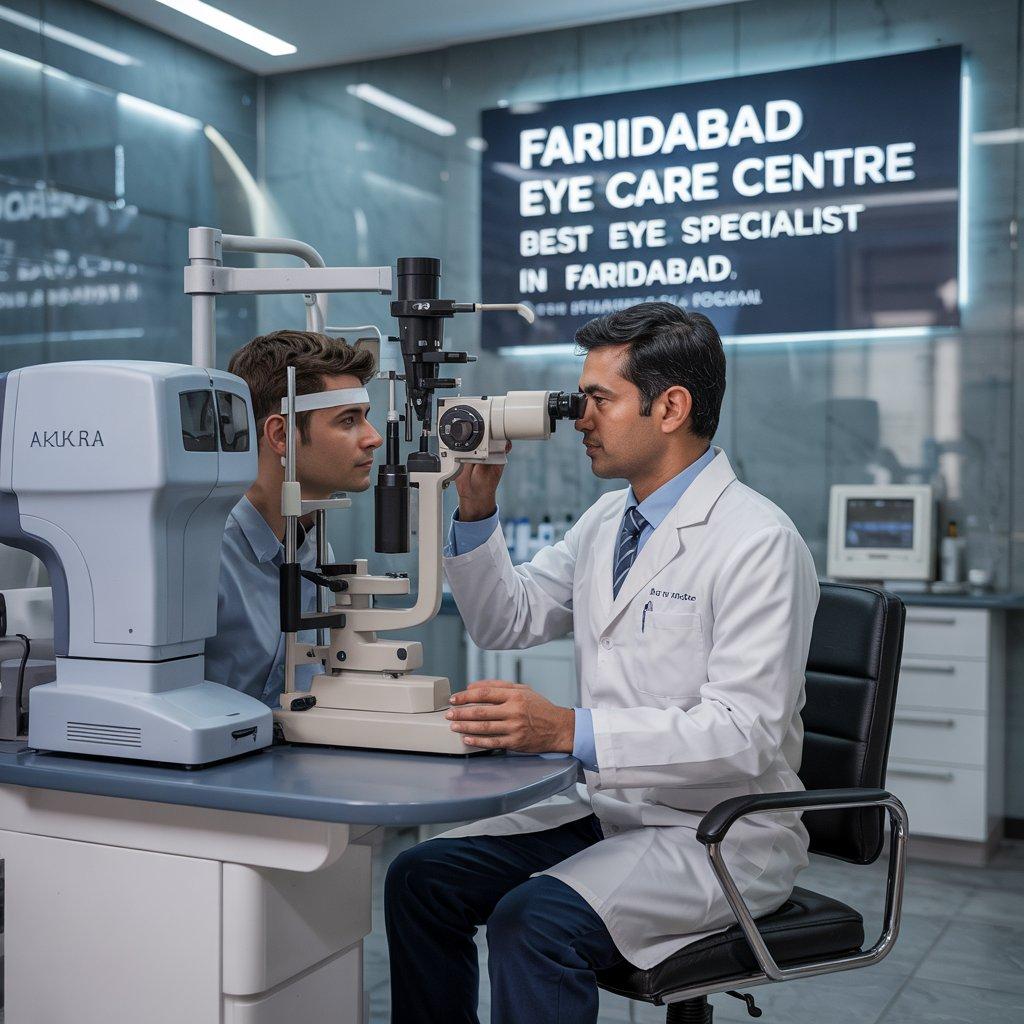Why Guest Safety is Now the Ultimate Form of Luxury

Travel has always been about discovery, relaxation, and indulgence. Whether guests are checking into a seaside resort, a bustling city hotel, or a tranquil retreat in the countryside, their expectations generally revolve around comfort and memorable experiences. However, in today’s world, luxury is no longer defined solely by thread counts, Michelin-starred meals, or panoramic views. Increasingly, the most discerning travelers are seeking something less visible but far more essential: safety.
Guest safety has become the ultimate marker of true luxury. The global hospitality industry is recognizing that no matter how stunning the property or how lavish the amenities, the perception of safety can make or break a guest’s stay. This evolving expectation has redefined what it means for hotels to deliver high-end service, reshaping the very foundation of modern hospitality.
The Shifting Definition of Luxury
Traditionally, luxury in hotels was equated with exclusivity, indulgence, and opulence. A penthouse suite, champagne on arrival, and private butlers were the gold standards. Yet, the events of recent years—from global health crises to heightened awareness of security risks—have altered how travelers evaluate value.
Now, travelers want assurance. Luxury is increasingly being defined as the ability to relax without worry. A guest who feels safe in their environment can fully immerse themselves in the experience. In contrast, even the most extravagant amenities lose their appeal if guests are concerned about their health or security.
This change is not only visible in guest preferences but also in hotel investments. Properties are allocating significant resources to safety measures, health protocols, and discreet but effective security systems, recognizing that these are no longer optional add-ons but core components of luxury hospitality.
The Psychology of Safety in Hospitality
Human beings naturally prioritize safety above all else. Psychologists often reference Maslow’s hierarchy of needs, where safety comes right after physiological essentials such as food and water. In the hospitality context, no matter how spectacular the service, guests cannot enjoy themselves if they feel unsafe.
This psychology plays out in subtle ways during travel. When guests enter a hotel lobby, they subconsciously scan for signs of security: how the staff is trained, the cleanliness of the space, and the visible presence of emergency measures. A sense of safety allows guests to let their guard down and enjoy the luxuries provided. Without it, indulgence feels hollow.
Luxury hotels understand this dynamic and increasingly frame their services around it. By embedding safety into every detail of the guest journey, they provide an invisible layer of comfort that enhances the visible luxuries.
The Role of Health in Guest Safety
Health security has become a defining part of this conversation. In the wake of global pandemics and heightened awareness about communicable diseases, guests are looking for reassurance that their wellbeing is being safeguarded.
Hotels have responded with improved air filtration systems, enhanced sanitation routines, and contactless technologies. However, the true leaders in the luxury market have gone further, integrating healthcare services into their guest experience. In some premium properties, having access to a doctor at hotel is part of the new gold standard in wellness-focused hospitality. This offering allows guests to feel confident that if an unexpected health issue arises, immediate professional care is available without leaving the safety of the hotel premises.
This integration of healthcare and hospitality reflects a broader trend: wellness is no longer a side benefit but a core expectation of luxury. Whether it’s through spa programs, fitness centers, or medical access, guest safety in terms of health is now central to delivering a five-star experience.
Discreet Security: The Invisible Luxury
While health is one component, physical security is another. Guests today want to feel protected without being overwhelmed by visible restrictions. Luxury hotels are mastering the art of discreet security—balancing a welcoming atmosphere with robust protective measures.
For example, many high-end properties now use advanced surveillance systems and AI-powered monitoring to detect potential threats without intruding on guest privacy. Security staff are highly trained, often blending seamlessly into the guest services team rather than presenting an intimidating presence.
This invisible security infrastructure is itself a form of luxury. Guests can focus on enjoying their stay while knowing that comprehensive protections are operating quietly in the background.
Technology as a Safety Enhancer
Technology is playing a crucial role in elevating guest safety. From mobile check-ins to digital room keys, hotels are minimizing contact points and streamlining the guest journey. But beyond convenience, these technologies provide a layer of protection by reducing risks associated with crowded lobbies or shared surfaces.
Additionally, smart room technologies now allow guests to control their environment—temperature, lighting, and entertainment—without needing staff interaction. This autonomy not only enhances comfort but also adds a sense of safety and control, further contributing to the feeling of luxury.
For travelers accustomed to convenience and customization, these technologies provide peace of mind while reinforcing the property’s commitment to their wellbeing.
The Business Case for Safety as Luxury
Some hoteliers might see safety as an operational necessity rather than a value proposition. However, in the competitive hospitality market, positioning safety as a central luxury feature has tangible business benefits.
-
Guest Loyalty: Travelers who feel safe are more likely to return and recommend the hotel to others.
-
Brand Reputation: A reputation for prioritizing guest safety sets properties apart in crowded markets.
-
Revenue Growth: Guests are willing to pay a premium for peace of mind, turning safety into a profitable investment.
Luxury travelers, in particular, are often willing to spend significantly more on experiences that prioritize safety alongside comfort and indulgence. This makes safety not just a protective measure but a competitive advantage.
Global Examples of Safety-Centered Luxury
Some of the world’s leading hotels are already setting benchmarks in this area. Resorts in the Middle East, for instance, have pioneered integrated wellness and medical services, ensuring guests never feel far from professional care. Urban luxury hotels in Europe and Asia have invested heavily in cutting-edge security technologies, such as biometric access systems and AI-driven monitoring.
These examples highlight how luxury is evolving into a holistic experience where comfort, safety, and service are intertwined. The properties that thrive are those that recognize luxury is no longer about extravagance alone but about creating environments where guests feel secure and valued.
The Emotional Connection to Safety
Safety is not just a practical necessity; it also creates emotional bonds between guests and hotels. When guests feel that a hotel truly cares about their wellbeing, it fosters trust and loyalty. This emotional connection is far more enduring than the fleeting thrill of luxury amenities.
A hotel that ensures guests feel protected builds a relationship that extends beyond the stay itself. In an era where travelers are bombarded with choices, this emotional reassurance becomes a decisive factor in brand preference.
Looking Ahead: The Future of Luxury Hospitality
As the hospitality industry evolves, safety will continue to redefine luxury. Tomorrow’s hotels will likely expand their offerings to include more comprehensive health services, advanced personalized security, and seamless technological integration.
Luxury will no longer be an indulgence reserved for a few; it will be about creating environments where all guests, regardless of background, feel safe and cared for. In this future, safety and wellbeing will be the cornerstones of hospitality excellence.
Conclusion
The concept of luxury is evolving rapidly. While lavish amenities and beautiful designs remain important, they are no longer sufficient on their own. True luxury in hospitality now rests on the foundation of guest safety—physical, emotional, and health-related.
Guests want to relax knowing that their wellbeing is prioritized at every step of the journey. From discreet security to integrated health services like having a doctor on-site, hotels that deliver safety are offering the most valuable luxury of all: peace of mind.






